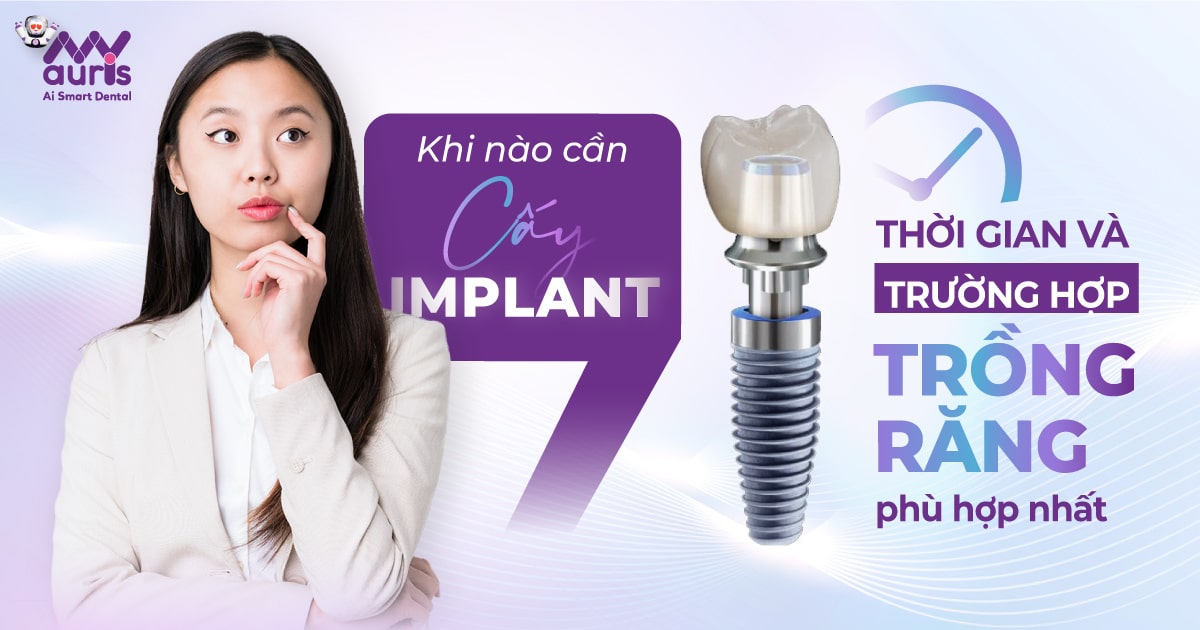In dental implantation techniques, dental implantation is an advanced technique and brings high success in restoring lost teeth. Not only does it bring superiority in aesthetics and chewing, implants are performed once and used for life. But when is an implant suitable? Let’s learn with My Auris about when you need an implant through the following article.
Why do you need an implant after losing teeth?
Losing teeth is something no one wants to happen. Because tooth loss causes a lot of inconvenience in life, work and activities. In particular, the longer the tooth loss lasts, the more it will affect oral health, especially jaw bone loss, causing sunken faces, receding gums, and underbites.
Among the dental implant methods, dental implants offer the most benefits and advantages. Therefore, this method is recommended by many doctors and experts for implantation after tooth loss.
First, dental implants help completely preserve real teeth, without invading neighboring teeth. Dental implants take place independently, without the need to grind teeth like porcelain bridges or without using metal anchors like removable dentures. The implant will be gently placed into the jawbone at the lost tooth socket without causing pain or affecting surrounding teeth.
Second, implants provide high aesthetics and chewing ability. Teeth have a complete structure like real teeth, so it is difficult to recognize fake teeth. In particular, the teeth restore high chewing ability, up to 98-99% of the chewing power of real teeth. It is known that porcelain bridges only restore about 60-70% and removable dentures only restore 30-40% of the chewing force of real teeth.
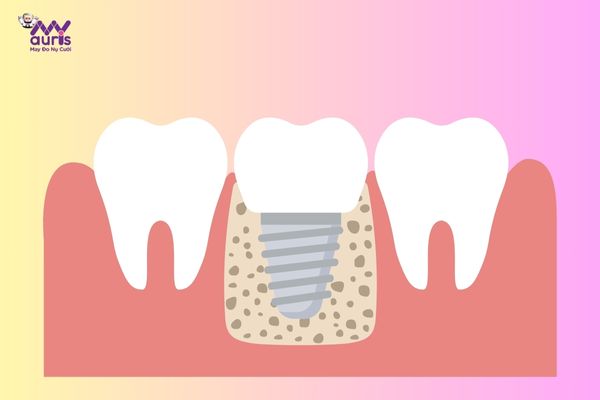
Third, dental implants can prevent jaw bone loss, which is not possible with any dental implant method. The gap between missing teeth in the jaw causes the teeth to not only shift, but over time without impact, the jaw bone at that location disappears, leading to facial deformity and aging. Porcelain bridges and removable dentures only restore tooth crowns, so they cannot prevent this situation, while implant posts replace real tooth roots in the jawbone and are firmly integrated, so they can prevent this situation.
Finally, dental implants after tooth loss will be more comfortable in cleaning and protecting oral health. Teeth exist independently and are strong in the jaw, so they are cleaned like real teeth, limiting food stuck underneath porcelain teeth like porcelain bridges or not needing to be removed or installed.i clean like a removable denture.
It can be seen that dental implants bring many benefits and advantages to restoring lost teeth. However, not all cases are suitable and it is also necessary to balance the time for dental implantation to increase the success rate and safety for the body.
When you should and should not get implants
As mentioned, not all cases are suitable for implants, so everyone should Go see a dentist to get the most appropriate advice and treatment regimen.
Suitable cases for implant
- Loss of 1 tooth anywhere on the jaw, it can be an incisor, canine, or molar
- Loss of 2 or more teeth in individual positions on the jaw
- Loss of 2 or more teeth in adjacent positions
- Full jaw tooth loss
- Long-term tooth loss and bone loss
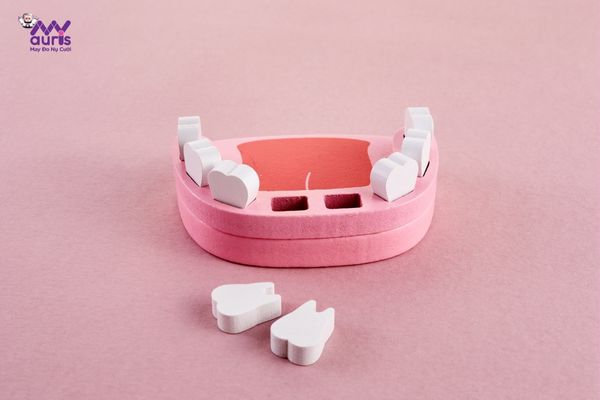
All of these cases can be replaced by implants to improve the condition. However, depending on each person’s condition and oral health, the doctor prescribes different types of pillars and treatment regimens.
In cases where implants are not suitable
Persons with dental implants often must meet conditions regarding oral and overall health. Therefore, in the following cases, doctors recommend not implanting implants to ensure treatment safety.
- For people under 18 years old, the jaw bone is not fully developed and strong, if dental implant intervention will lead to erroneous development of the jaw bone structure.
- Pregnant women should not have implants, because during this process, anesthesia, anesthesia, antibiotics, etc. will be required, which will negatively affect the health of both mother and fetus.
- People with chronic diseases such as cardiovascular disease, high blood pressure, diabetes, hemophilia… These patients are difficult to control.bleeding, difficult to control when implanted.
- People with mental illness have difficulty controlling their behavior.
- People addicted to alcohol, tobacco and stimulants.
- People undergoing radiation/chemotherapy cannot have implants.
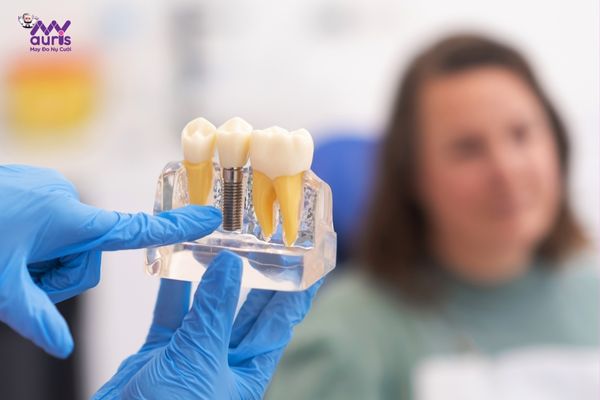
The above mentioned subjects are not suitable for the doctor. However, if they lose teeth, these people should see a doctor, inform the doctor about their current health status, whether they have any chronic diseases, are pregnant, etc. so that the doctor can have a suitable treatment plan.
In addition, for people who are addicted to alcohol and cigarettes, the doctor will prescribe abstaining from alcohol and cigarettes for about 2 – 4 weeks before and after implant placement to increase the success rate and prevent post rejection.
When is an implant needed?
In addition to who is suitable for implant placement, there are also many concerns about time, when to implant. According to dentists, the best time to implant is about 3 – 6 months after permanent tooth loss. At this time, the tooth loss site has healed and the jaw bone has not been reduced, ensuring full standards for implant placement. However, depending on each person’s condition and oral health, there is an appropriate time for dental implants. Therefore, it is recommended to consult a doctor and monitor the condition periodically.
In addition, if your body and oral health are good and eligible, you can also have an implant immediately after tooth loss.
However, you should not let your teeth be lost for too long because the jawbone will gradually disappear according to natural laws. At this time, the jaw bone density no longer has enough volume to place and hold the implant. If you want to plant an implant, you will have to have a bone graft and wait for the bone graft to be compatible, which takes a lot of time and is much more expensive.
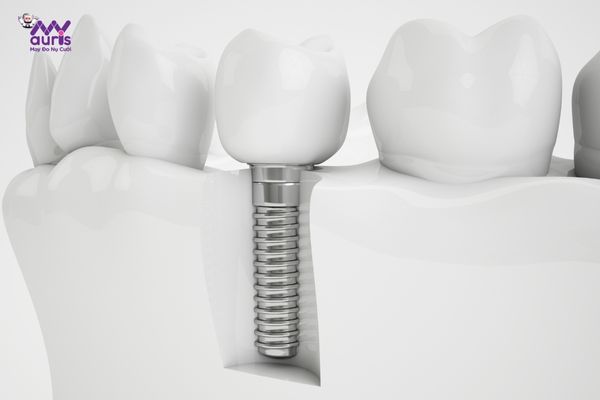
Hopefully the information in the article about when do you need an implant helps people answer their questions. To have the right time for tooth implants, go to the dentist for a check-up immediately after losing your tooth. Please contact My Auris Dental immediately for advice and to schedule an examination as soon as possible.
Anh Thy


